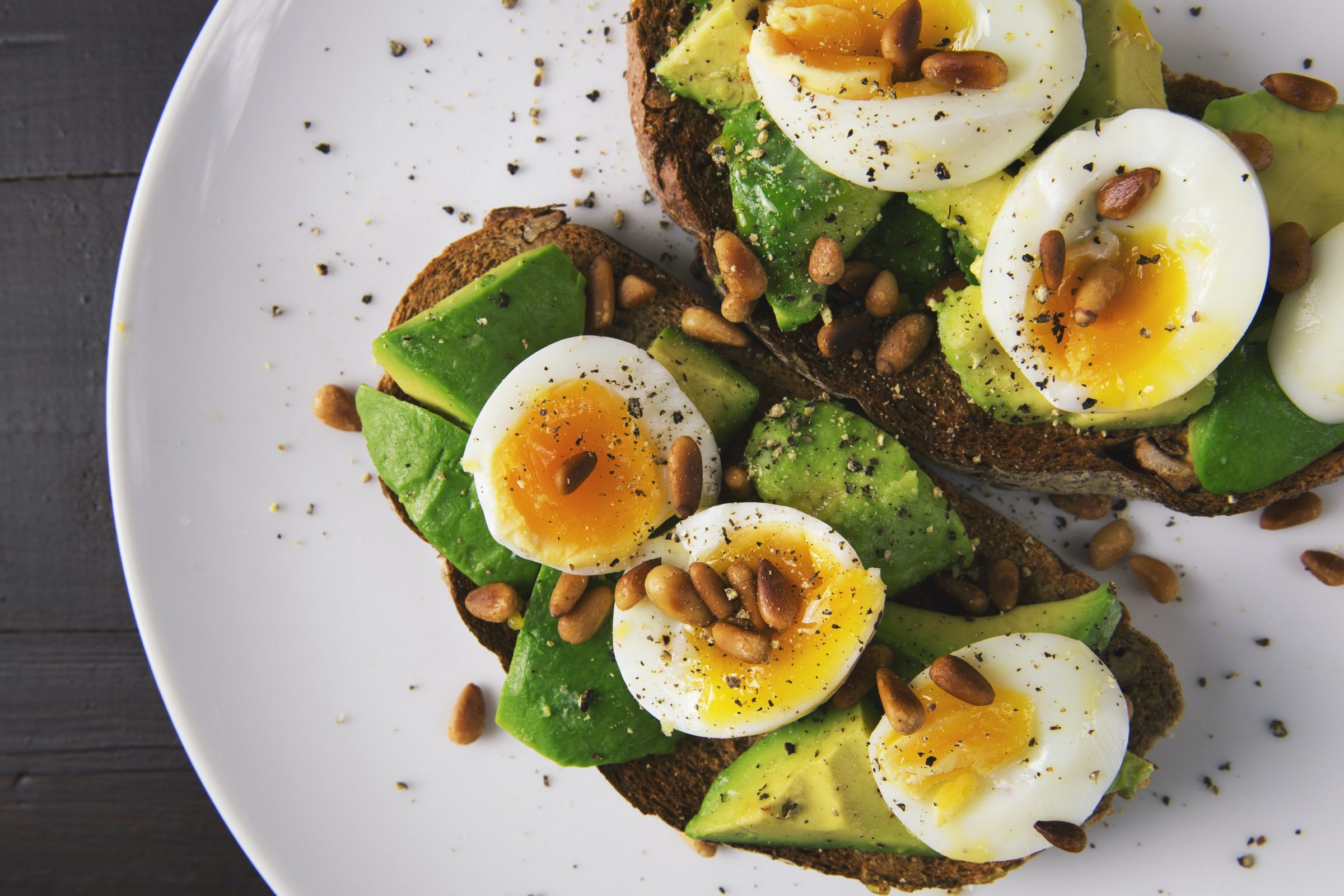The Pros and Cons of a Low Carb, High Protein Diet

For years, people have been raving about low carb, high protein diets. While they may seem like a quick and easy way to lose weight, it is important to weigh both the advantages and disadvantages before determining if it is the right choice for you.
Pros:
- A lower calorie intake, as carbs such as bread tend to be highly caloric
- Fast initial weight loss
- Stimulates the production of lean muscle
- Leads to lower cholesterol levels
- Since protein takes longer to digest than carbohydrates and fats, it remains in the stomach for longer and therefore leaves the dieter feeling more satiated
- You will not feel sluggish after meals, which is often times the result of high-carb foods
- Protein is essential for renewing all cells in the body – muscle, skin, hair, cartilage, bones, blood, you name it!
Cons:
- The majority of the weight lost through a diet like this is water weight, meaning it will return just as quickly as it left once the dieter increases their carbohydrate intake
- As a result of the fast initial weight loss, the dieter’s body has few carbs to burn for energy and therefore goes into a state of ketosis, causing bad headaches and irritability
- Higher risk of deficiencies in essential vitamins and minerals due to drastically reducing the presence of a major food group in your diet
- The onset of leg cramps resulting from a loss of minerals, especially magnesium
- A feeling of weakness associated with low blood sugar and low mineral levels
- Constipation, if fiber intake is not high enough
All in all, limiting carbohydrates with a low carb, high protein diet denies the body of an accessible source of energy. In response to this, the body breaks down fat – hence rapid weight loss. While this may seem appealing, make sure you eat foods rich in vitamins such as fruits, vegetables, and fish to make up for the loss in nutrients. And remember – don’t cut out all carbohydrates. Extreme diets never la
